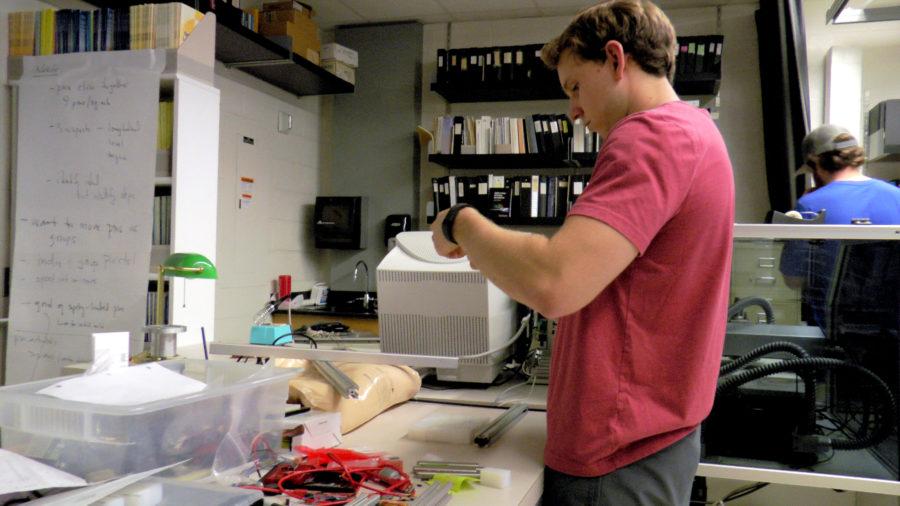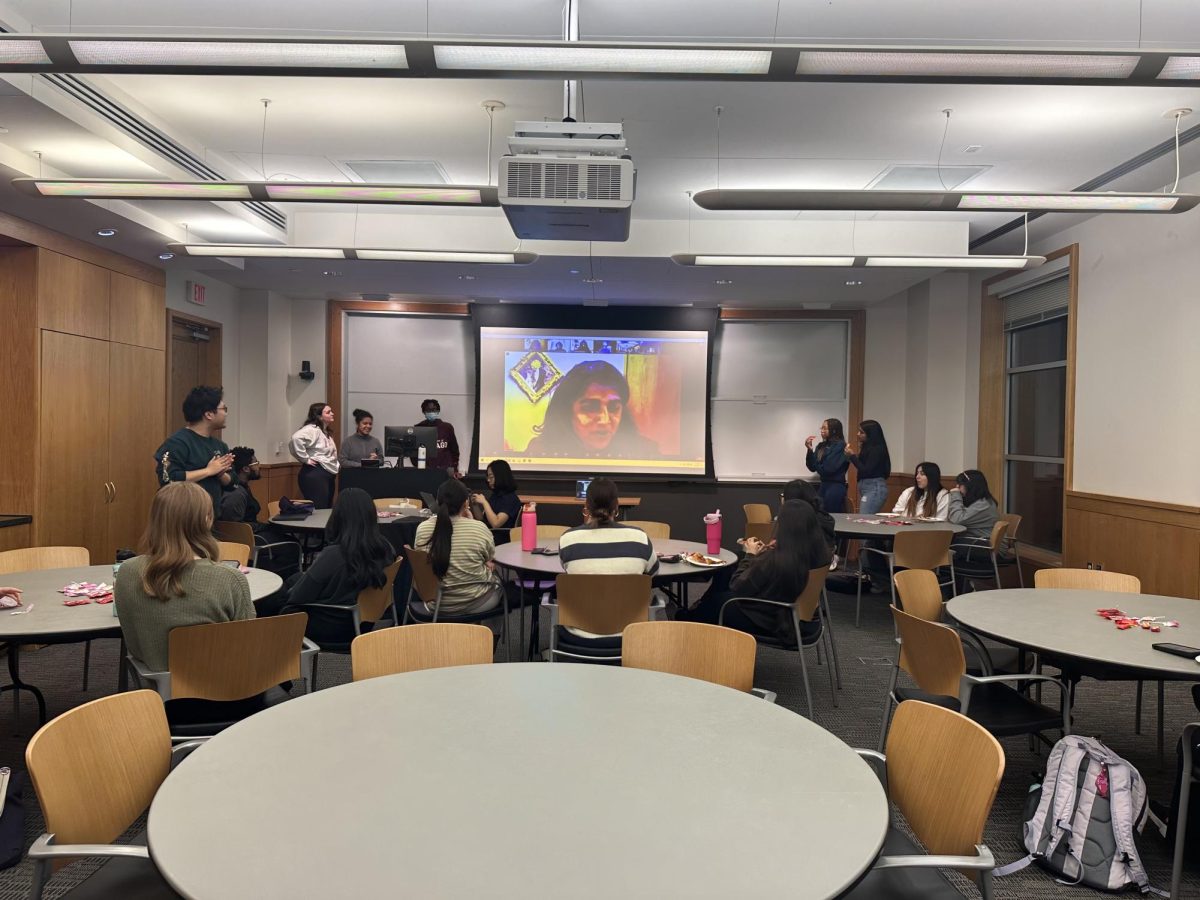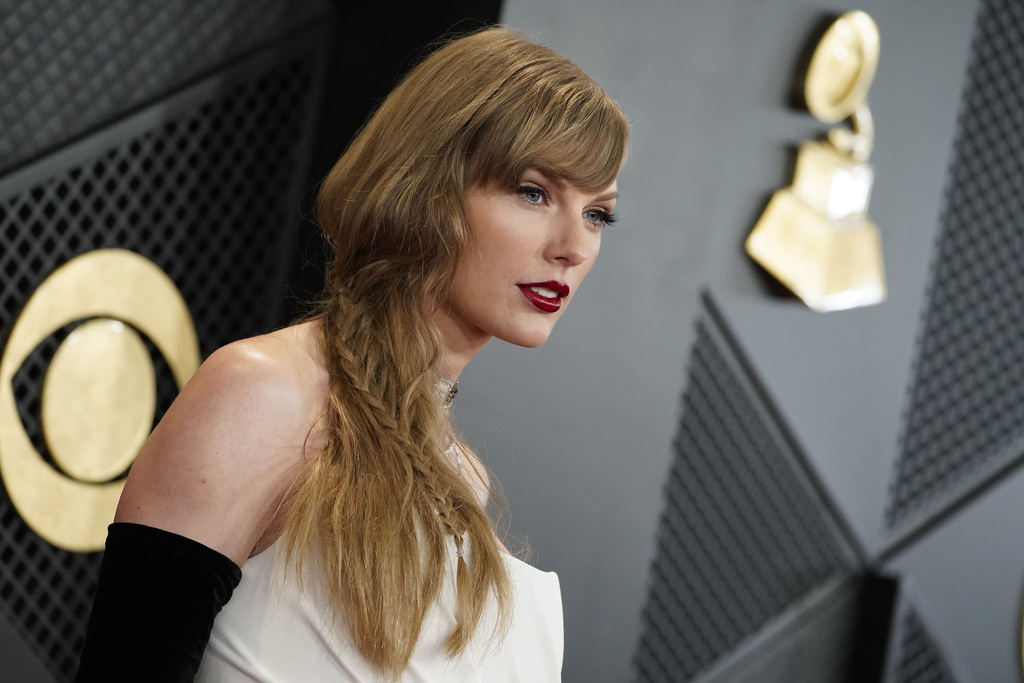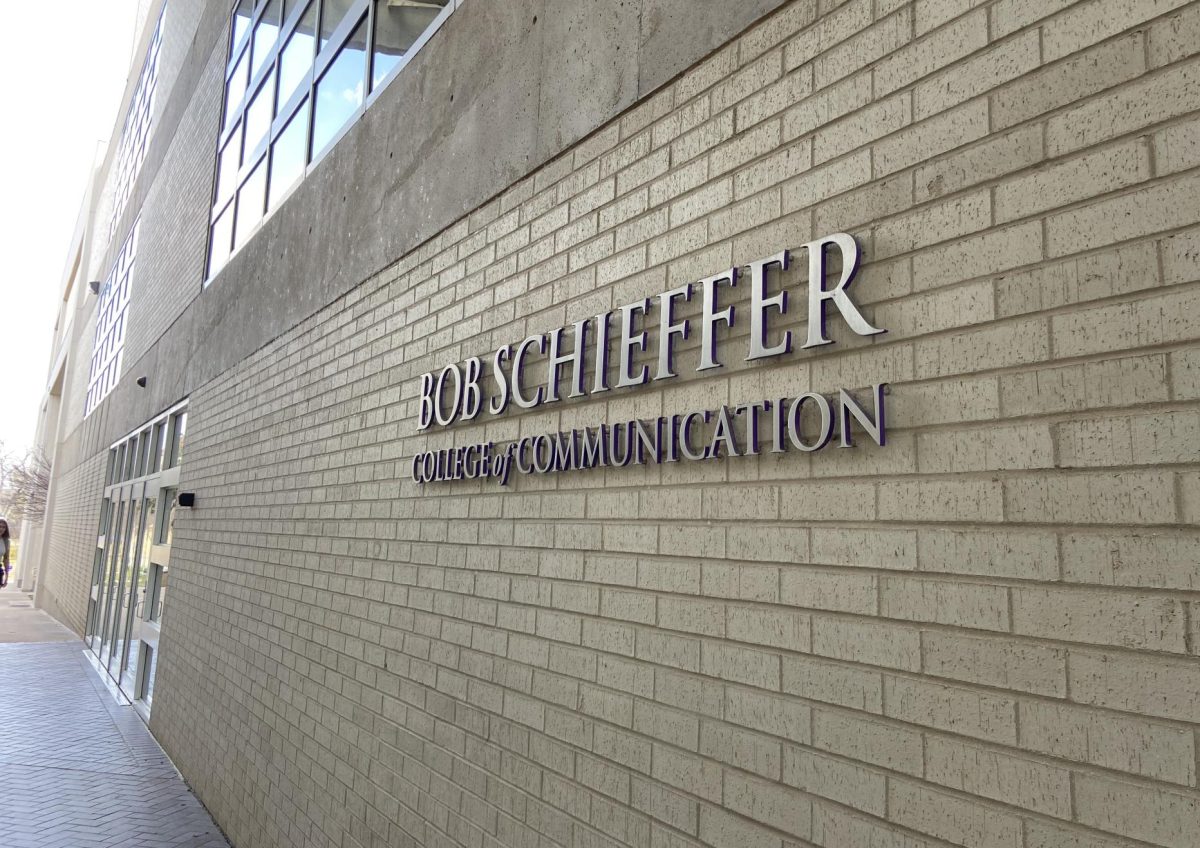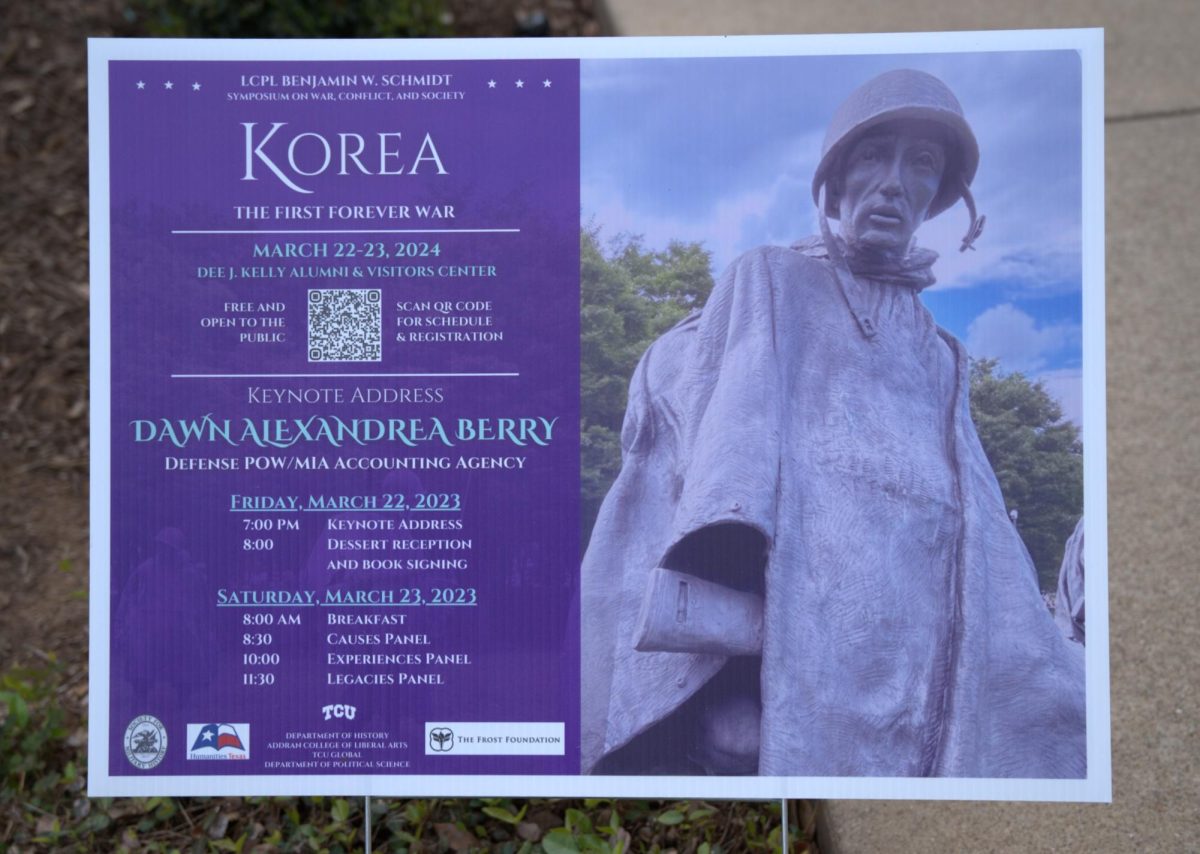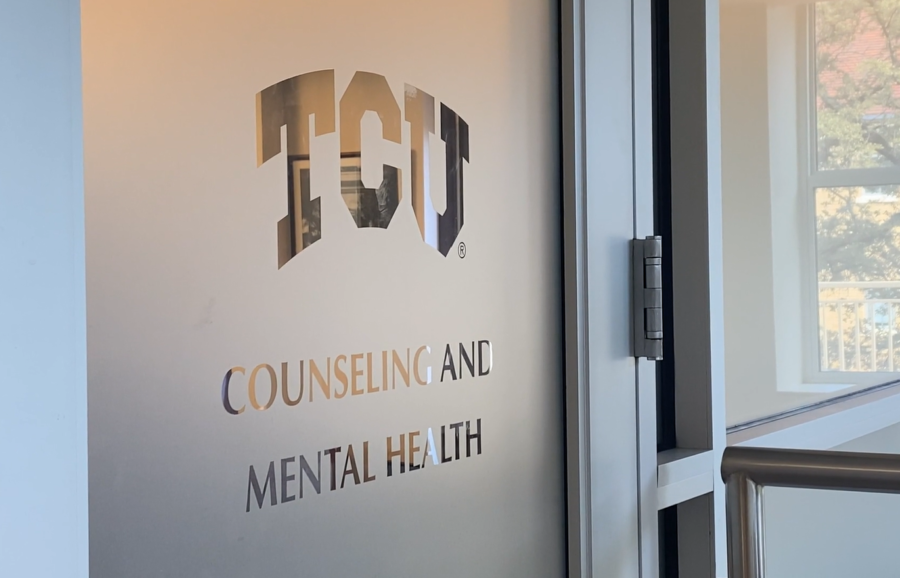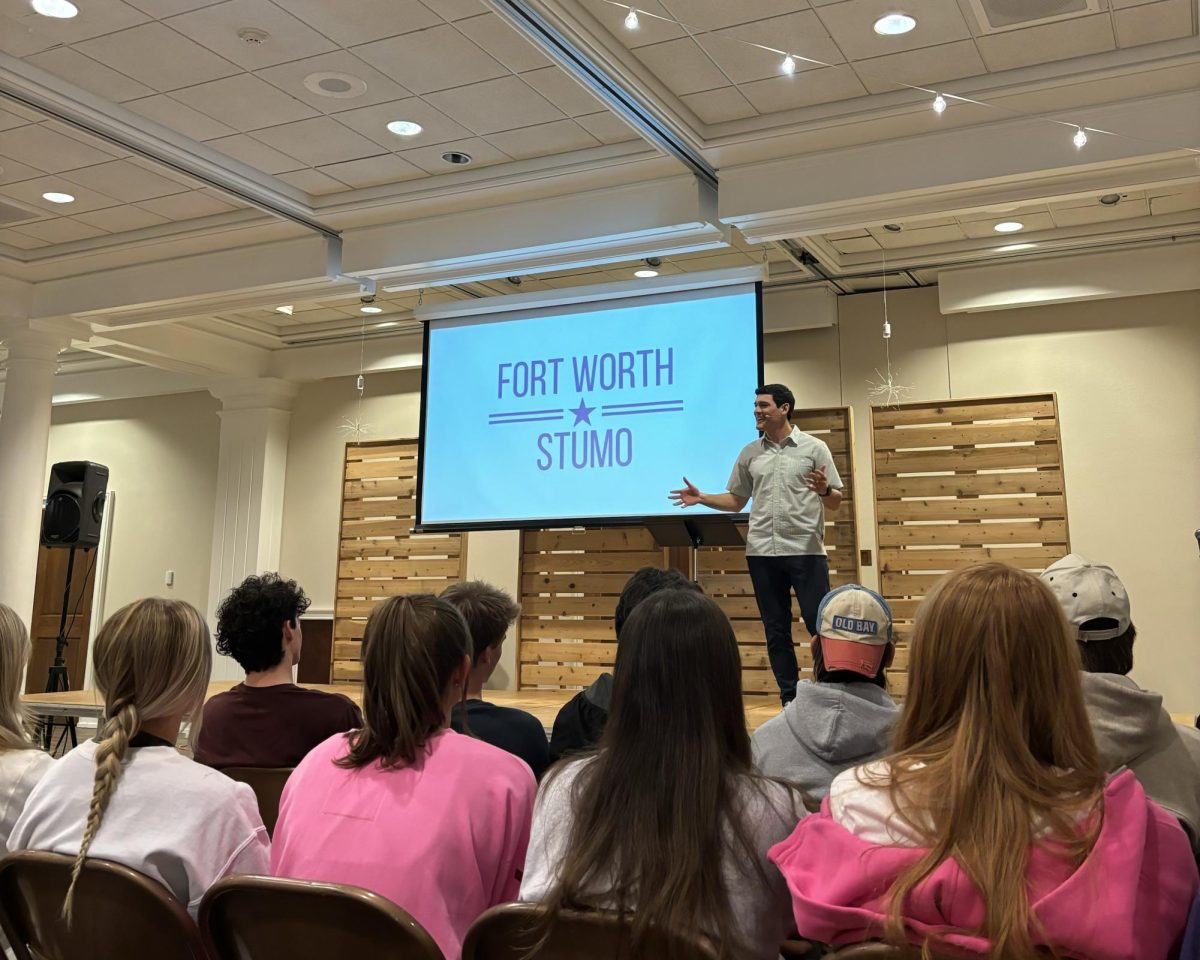Over 40 students concluded their time at TCU with presentations that took years of work.
The students presented their honors research theses last month as part of the College of Science and Engineerings honors research forum.
Students shared their findings and conclusions over Zoom with other students, family and mentors.
“Most of these students have been working on these projects for two to three years or longer,” said John Horner, a professor in the biology department and organizer of the forum. “This a great opportunity for them to share what they’ve done with the campus community.”
The forum had always been held in person in the past, said Horner. For the Zoom format to run smoothly, graduate students volunteered to help run the show behind the scenes and take care of the technology.
The program was split into four presentations by department. Research topics ranged from studies on early-life stress and its impact on inflammation, to university students’ knowledge and attitudes of plant-based diets, to optimal strategies for the board game ‘The Settlers of Catan.’
Brooke Boisvert, a senior neuroscience major, presented her research on the impact of early-life stress and epigenetics. She started research the second semester of her sophomore year in professor Gary Boehm’s lab – and joked that there was definitely a learning curve, especially when lab mice were involved.
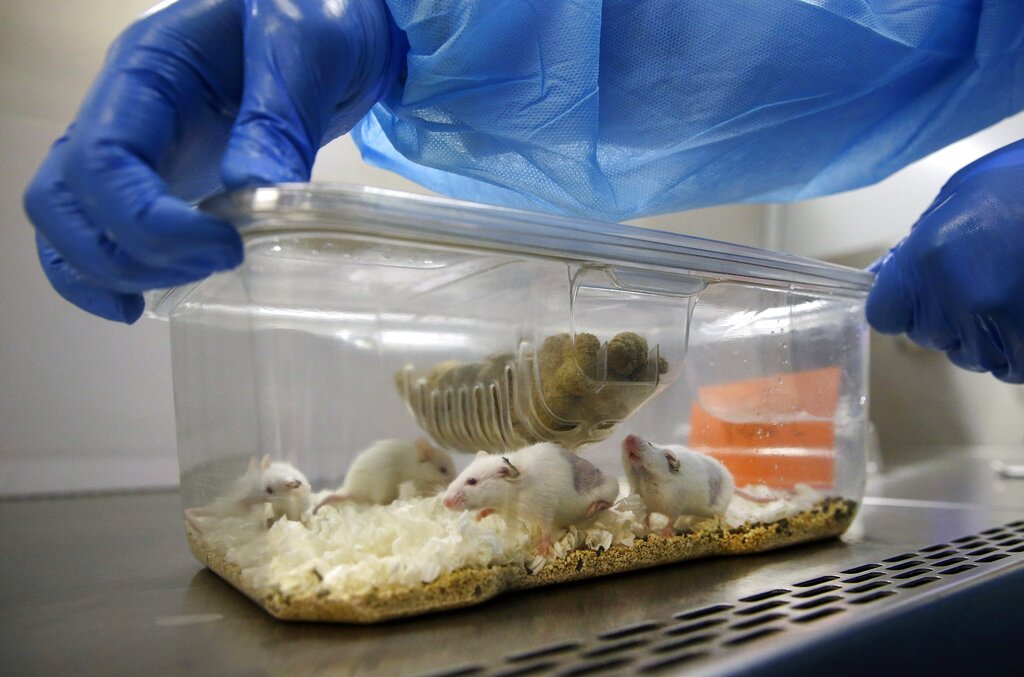
“You have to learn how to fail,” Boisvert said. “If you don’t fail, you’re not going to learn how to succeed, and in a lot of ways, the failures are the things that make you better, because you’re seeing what went wrong and how to fix it in the future.”
Students in the John V. Roach Honors College have two options for completing their upper-division requirements: university honors seminar-based classes or departmental honors in their major. For departmental honors, students can “define and carry out a sustained original research or creative project,” according to the Honors College website.
Horner said that even if students do not end up in a career centered around the topics and research questions they studied in their undergraduate research, they gain valuable experience from the research process.
“I personally think [research] is one of the most important, if not the most important educational experiences a student can have,” he said. “It helps foster their thinking in such a way that they keep an open mind and keep inquiring about things.”
A hallmark of the honors research process specifically is working with a mentor and committee. Horner, who has worked with honors students in the past but did not have any students present at the forum this year, said that problem solving is a key part of the process.
“That’s what we want to be teaching our students to do, to learn how to take in information, to approach addressing a question, how to collect data and information on that question and how to interpret it,” said Horner.
Other research presentation opportunities will be held this week. The Michael and Sally McCracken Annual Student Research Symposium, open to all undergraduate or graduate students who conducted research in the College of Science & Engineering, will be held April 16. Registration for the virtual event can be found on the Student Research Symposium website.
Four of the presentations selected from the honors research forum competed in the university-wide Boller Competition on Tuesday.



